Emily Fridlund's 6 favorite books about self-deception
The Man Booker Award finalist recommends works by Iris Murdoch, Teju Cole, and more

A free daily email with the biggest news stories of the day – and the best features from TheWeek.com
You are now subscribed
Your newsletter sign-up was successful
The Beast in the Jungle by Henry James (Dover, $4).
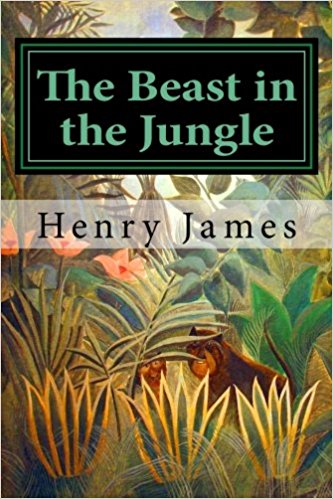
James' ghost story The Turn of the Screw famously reckons with the unreliability of human perception. But I find his late novella The Beast in the Jungle even more confounding when it comes to crises of vision and insight. It shows how a self-aggrandizing fantasy can distort an entire life.
Lamb by Bonnie Nadzam (Other Press, $16).
The Week
Escape your echo chamber. Get the facts behind the news, plus analysis from multiple perspectives.

Sign up for The Week's Free Newsletters
From our morning news briefing to a weekly Good News Newsletter, get the best of The Week delivered directly to your inbox.
From our morning news briefing to a weekly Good News Newsletter, get the best of The Week delivered directly to your inbox.
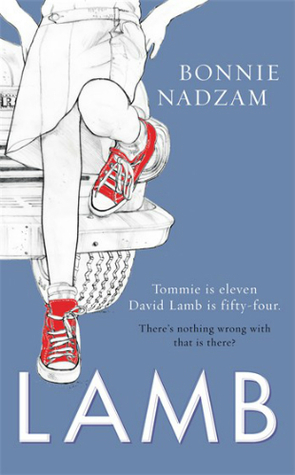
This is one of the most unflinching and seductive novels I know about a man's drive to deceive himself. David Lamb kidnaps an 11-year-old girl and takes her on a road trip out West, all the while telling himself, and her, the sweepingly romantic story that he is rescuing her from her lonely suburban life.
Open City by Teju Cole (Random House, $16).
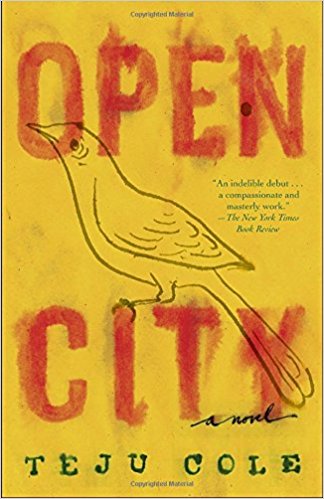
Cole relays his narrator's observations of New York City — and Nigeria, and so much else — in the nimblest of sentences. When, late in the novel, Julius is confronted with a terrible act he once committed, his meandering thoughts start to look like helplessly eloquent evasions. A vital narrative for our post-Weinstein moment.
The Sea, the Sea by Iris Murdoch (Penguin, $18).
A free daily email with the biggest news stories of the day – and the best features from TheWeek.com
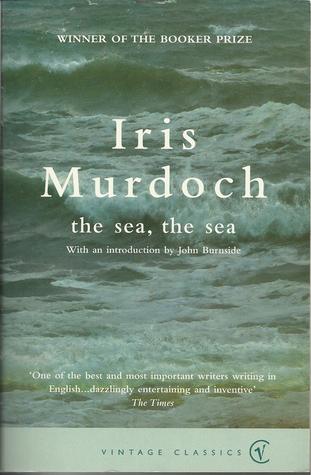
Charles Arrowby retires to the seaside and, in an ill-conceived project to become a better man, forces his way into the life of his childhood sweetheart. Murdoch transfixes with her luminous language; Arrowby's good intentions turn vicious, insidious.
The Things They Carried by Tim O'Brien (Houghton Mifflin Harcourt, $24).
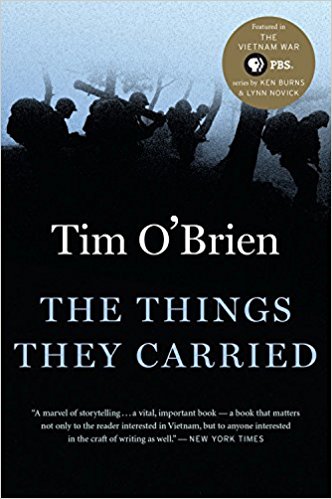
I first read this collection of brutal Vietnam War stories as a teenager. It has never left me. It is the book I return to whenever I need to think through again how the stories we tell can obscure truths, yes, but also — crucially and sometimes despite ourselves — expose them.
The End of the Story by Lydia Davis (Picador, $17).
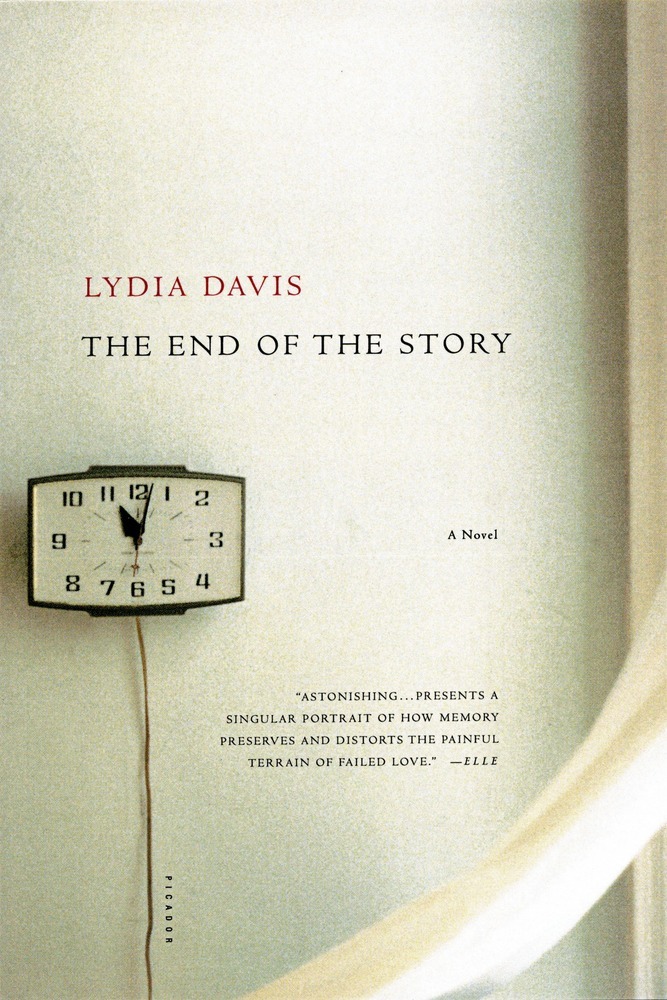
Davis is best known for her cryptic short stories, and The End of the Story is, as a novel, nearly equal in its reserve. The narrator recalls a failed love affair. But instead of denying ambiguities, she acknowledges with anxious care the processes by which memory, imagination, and the act of writing corrode and reconstruct knowledge.
— Emily Fridlund is the author of two books published this year: the story collection Catapult and History of Wolves, a debut novel that was a finalist for the Man Booker Award.